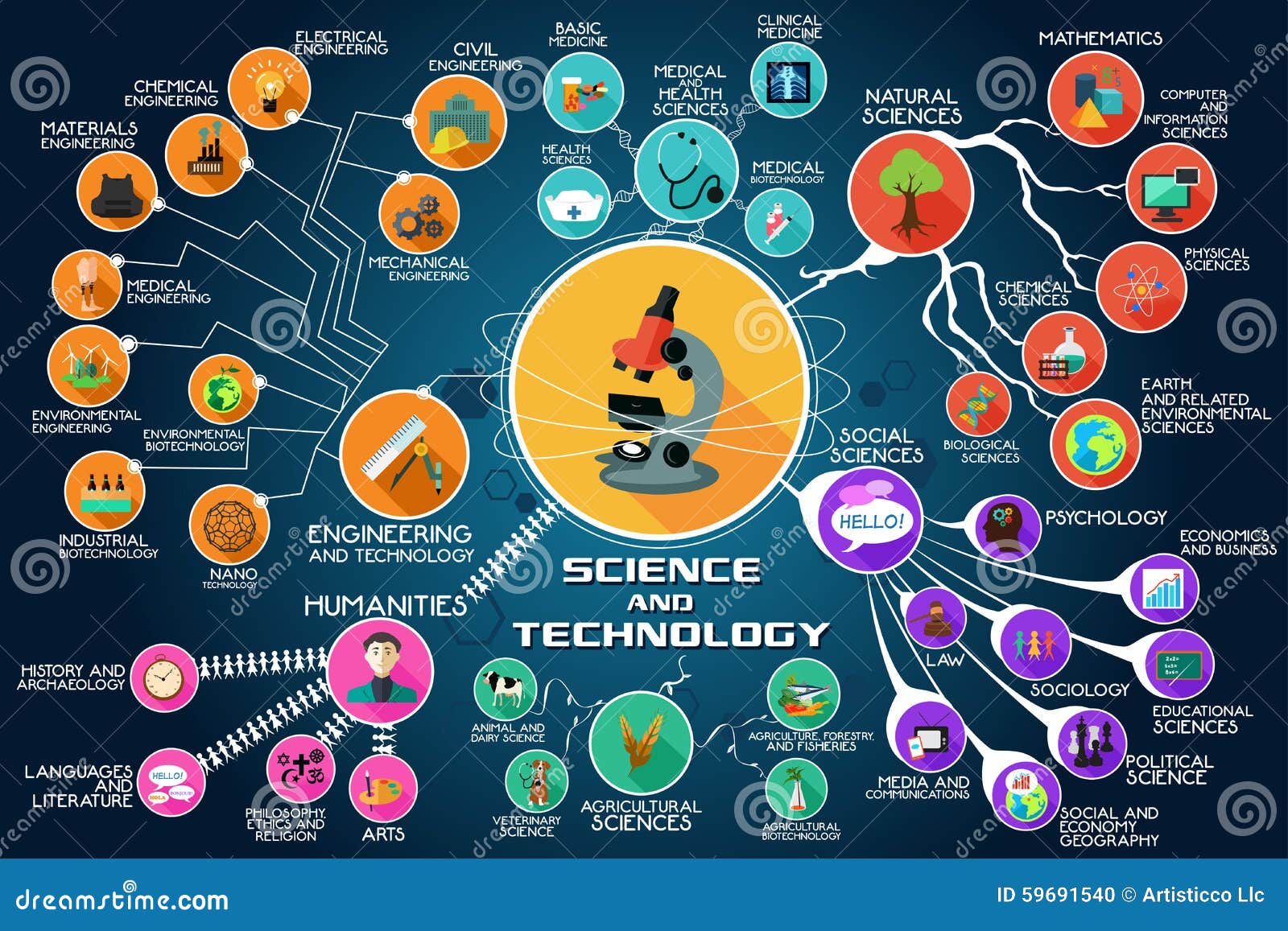Is Science and technology The Future?

In an era marked by unprecedented technological advancements and scientific discoveries, the question of whether science and technology will shape our future has never been more pertinent.
The technological boom of the 21st century shows no signs of abating. From artificial intelligence (AI) revolutionizing industries to biotechnology extending human lifespans, the possibilities seem endless. But is this relentless march towards technological progress inherently beneficial, or are there hidden pitfalls that we need to consider?
Advancements in AI have been particularly noteworthy. According to the World Economic Forum, AI is expected to contribute significantly to global economic growth, with estimates suggesting it could add up to 15 trillion dollars to the global economy by 2030. AI's applications span across healthcare, finance, transportation, and education, streamlining processes and enhancing efficiencies in ways previously unimaginable. However, the ethical implications of AI cannot be ignored. Issues such as job displacement, privacy concerns, and the potential for autonomous weapons have sparked intense debates among policymakers and the public alike. The need for regulatory frameworks that balance innovation with ethical considerations has become increasingly urgent.
The field of biotechnology has also witnessed remarkable breakthroughs. Gene editing technologies like CRISPR-Cas9 offer the potential to eradicate genetic diseases and improve agricultural yields. Yet, these advancements also raise ethical questions about designer babies and the potential for biological arms races. The World Health Organization (WHO) has emphasized the need for global cooperation to ensure that biotechnology benefits humanity without crossing ethical boundaries.
In the realm of space exploration, private companies like SpaceX and Blue Origin are leading the charge, making space travel more accessible and affordable. The prospect of colonizing Mars and establishing lunar bases is no longer confined to the realms of science fiction. While these endeavors promise to expand human horizons, they also necessitate robust safety protocols and environmental impact assessments to mitigate potential risks.
Environmental sustainability is another critical area where science and technology are playing a pivotal role. Renewable energy sources like solar and wind power are becoming more efficient and cost-effective, reducing our dependence on fossil fuels. Innovations in electric vehicles and energy storage solutions are accelerating the transition to a greener economy. However, the challenge lies in ensuring that these technologies are accessible to all, particularly in developing countries where the impact of climate change is most severe.
As we stand on the cusp of a technological revolution, it is essential to approach these advancements with a balanced perspective. While the potential benefits are immense, so are the challenges. Embracing these innovations while addressing the ethical, environmental, and social implications will be key to shaping a future that is both technologically advanced and humane.
Experts agree that interdisciplinary collaboration between scientists, engineers, ethicists, and policymakers is crucial. Only through such collaborative efforts can we navigate the complexities of our rapidly evolving world and ensure that science and technology serve the greater good.
``` hr>Key Facts
- AI could add up to $15 trillion to the global economy by 2030.
- Biotechnology advancements like CRISPR-Cas9 offer both promise and ethical dilemmas.
- Space exploration is becoming more accessible thanks to private companies.
- Renewable energy sources are crucial for sustainable development.
- Interdisciplinary collaboration is essential for responsible technological progress.
0 Response to " Is Science and technology The Future?"
Post a Comment